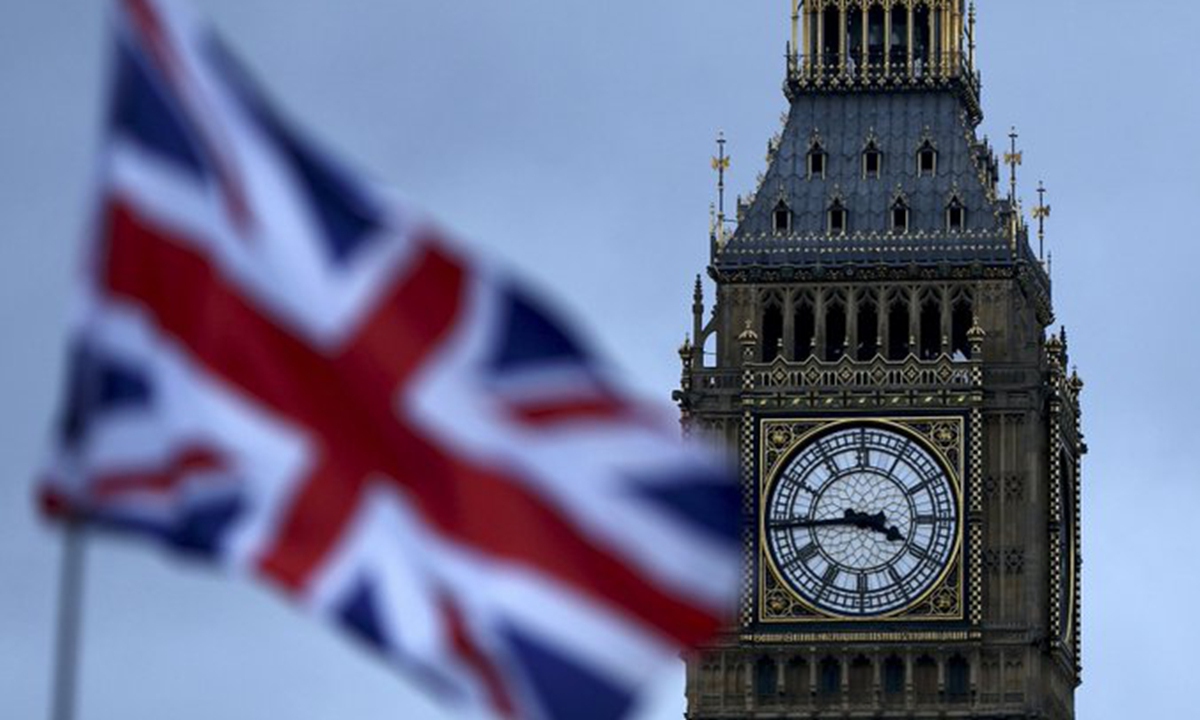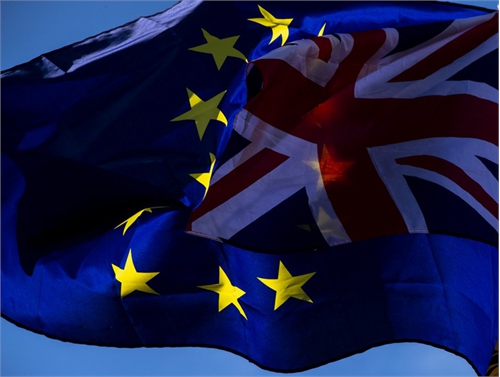
File photo
With a free trade agreement between the UK and the EU still up in the air, UK Prime Minister Boris Johnson will travel to Brussels for a face-to-face meeting with European Commission President Ursula von der Leyen in a last-minute attempt to reach a historic trade and security deal, according to media reports.There are already numerous market forecasts about the loss the UK economy may suffer next year with or without a free trade deal. The Bank of England recently indicated that Brexit will cost more than the COVID19 pandemic.
Either way, the trade loss post-Brexit, plus the heavy hit from the coronavirus pandemic, means that Britain's economy will have to undergo a painful transformation.
The potential impact of Brexit is not just limited to UK's economy. It is generally believed that Britain's relationship with the EU would be weaker in a post-Brexit world, and the UK, which apparently is eager to hold onto its waning influence in Europe, may end up strengthening its ties with the US. But in fact, if the UK puts all its eggs in the US basket, its future economic prospects may suffer.
For instance, if the UK government adopts similar restrictions on high-tech investment on the grounds of protecting its national security, it will immediately discourage technology firms from investing in the country, because the UK's governmental discrimination may subject businesses to unnecessary political uncertainty in a US-led technology war against China.
Moreover, China-UK bilateral relations may also face unexpected disruptions when it comes to trade issues.
According to media reports, the second quarter this year saw the UK import more goods from China than from any other country for the first time on record. While some may see it as a sign of rising trade frictions that could come as a result of the increased trade deficits, this also represents the strengthening economic and trade ties between the two countries. Brexit can be a negative factor or an opportunity for China-UK cooperation, this decision remains in the hands of UK's leaders.
With the imminent conclusion of an EU-China investment treaty, the UK's post-Brexit trade and investment policy still hangs in the balance.
It goes without saying that closer ties with China will offer the country more flexibility in managing trade and investment, as expanding export opportunities in China could bring about a faster and more sustainable economic recovery for the UK and its people.



